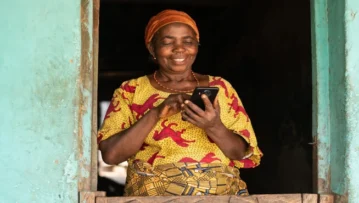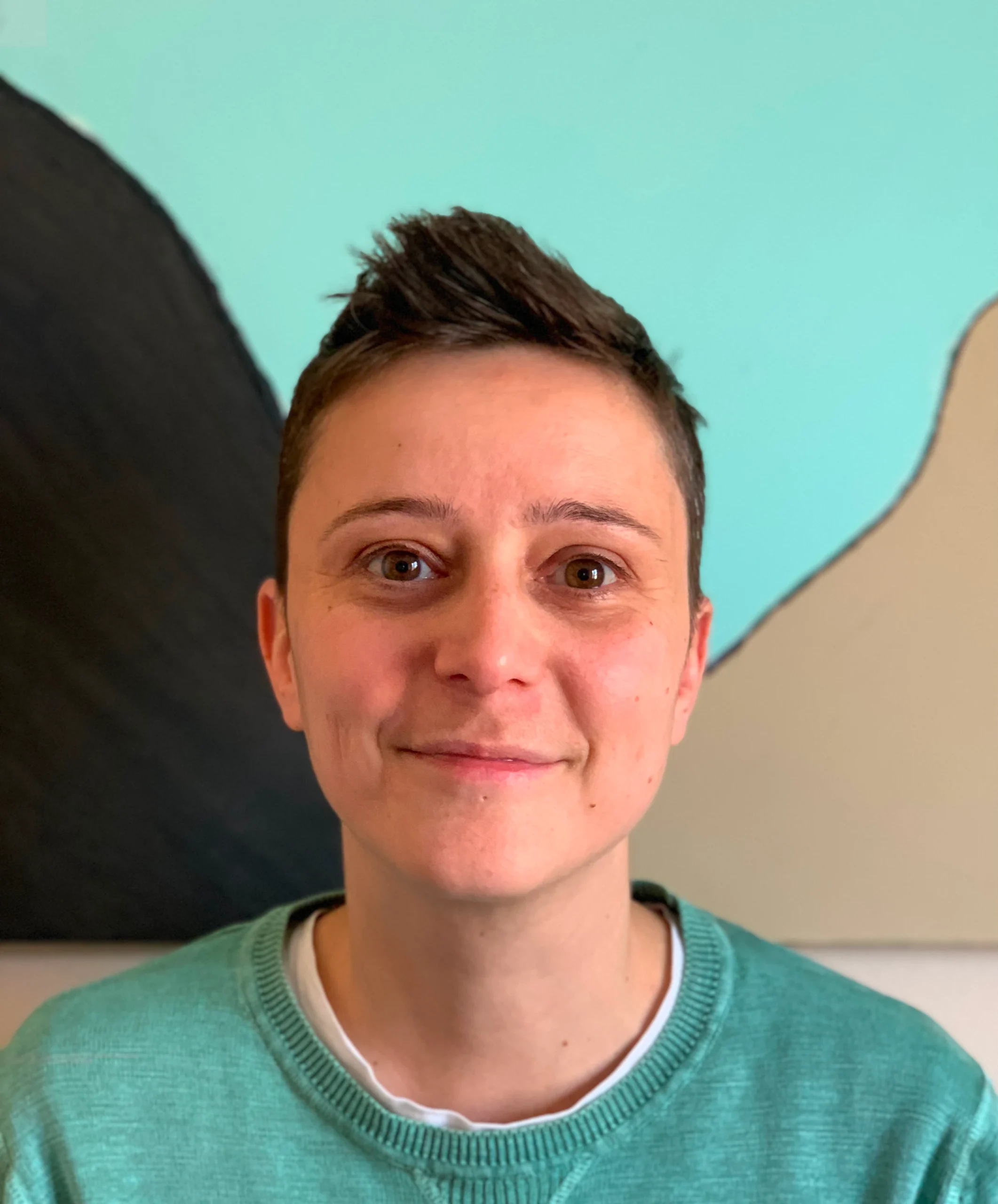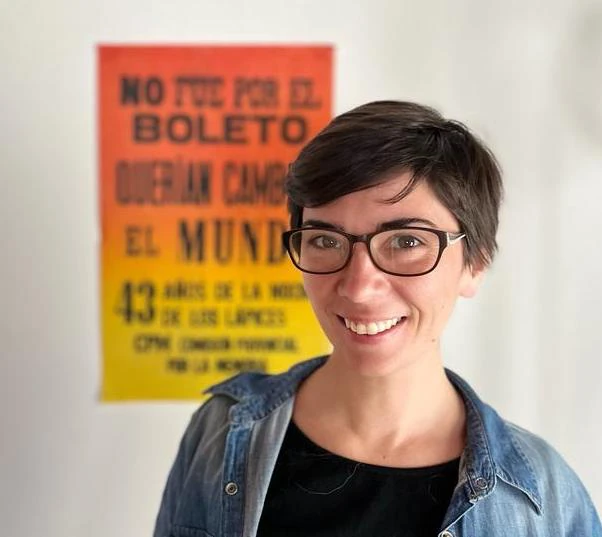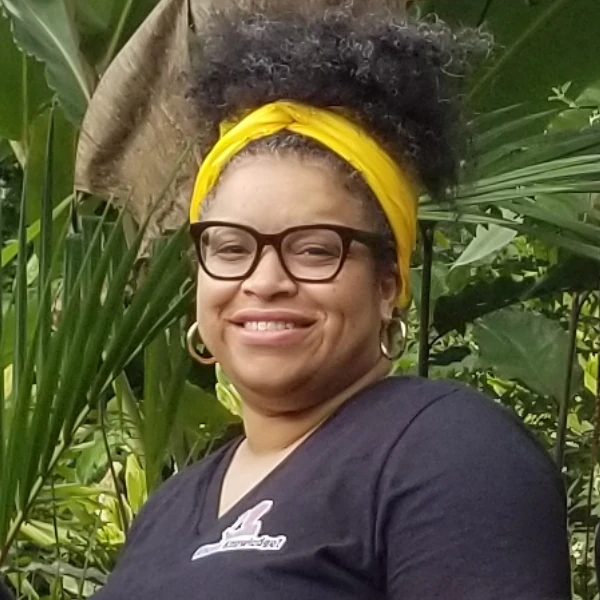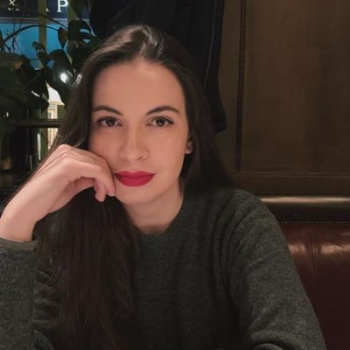Blossoming, connecting and evolving

How does a collective deepen, hold change and evolve? 2022 was a year of grappling with these questions (and many more!), all the while envisioning hopes and new futures. We use the frame of “evolving” rather than “expanding” because this is not about size, it is about deepening our ways of being, dreaming, and doing in the world. While we ask ourselves every year whether we continue to be relevant, we also hold practice at the heart of what we do: the how, the why, and the why now.
Collective thinking, planning and dreaming are nonbinary and nonlinear; with people, relationships and collective care centered at the core. As shared by one of the members of our collective, it’s about “how we define ourselves, how we spend our energies, resources, and time with spaciousness to dream, imagine and adjust according to our needs, our contexts, and our communities’ needs”. To allow this growth to flourish, and allow space for reflection and connection, we welcomed Constanza Verón and Azar Causevic to the team as Programme Co-convenors, and Shamillah Wilson as our Director of Organizational Design and Practice.
While it has been a year to look inward and hold the many transformations we have been through with care and feminist love, evolving our connections with marginalized communities from the Global South/Global Majority remains a cornerstone of our ways of doing and being. We have continued to be deliberate in paying attention to how we center the leadership and expertise of marginalized communities in the co-creation of new initiatives and dreams.
Catching flights and feelings

2022 marked the 5th edition of the #VisibleWikiWomen campaign, and with it, we welcomed African feminist and lawyer Sunshine Komusana as the campaign coordinator, together with feminist artist and writer Youlendree Appasamy, who is now Communications Co-Lead.
The theme for the #VisibleWikiWomen 2022, “Hope and Healing: Creating a Feminist Memory Online”, could not have been more appropriate as we started to see small positive shifts into a world where a deadly virus was not ravaging our existence. Through the campaign, we recognized that we are all doing our best to recover and paint a picture of our hope for an internet that represents women in all of our colors and identities. It was important to us and a political move that we memorialize women and non-binary people through our campaign, because who are we without our stories and memories?
The #VisibleWikiWomen campaign caught flights and feelings for the incredible African feminists working in the tech, knowledge, and digital rights spaces that came to Lusaka, Zambia, in September during the Decolonizing the Internet East Africa convening (DTI-EA). Centering Black African history and feminism is how resistance and liberation begin. DTI-EA brought together nearly 40 Black feminists working in various fields in tech, including digital rights and knowledge justice, to reflect together about why and how to decolonize the internet.
We hosted DTI-EA in advance of the Forum for Internet Freedom in Africa 2022 (FIFAfrica 2022) — a large digital rights and internet freedom conference in Africa — with the aim of taking our decolonizing framings and strategies, and occupying spaces where Global South feminist voices, ideas, and work are not centred. We created a little but mighty space of feminist love, solidarity, and magic at FIFAfrica 2022 in the form of a photobooth. You are welcome to see the pictures that came of this amazing experience on Wikimedia Commons.
Stewarding change

The Honouring our Guardians initiative has had a busy year supporting the needs of the Indigenous women leaders who are fighting to protect their aboriginal lands and bodies of water. We welcomed our Guardian and citizen of the Yomba Shoshone Tribe, Perse(phone) Lewis, to support as the initiative’s coordinator. During this year’s Ars Electronica festival, Perse stressed the role of Indigenous leadership and analysis in creating a sustainable internet, asking “As we’re dreaming [about the future], who isn’t part of our dream? Who are we not picturing?”.
In Brazil, Célia Xakriabá and Sônia Guajajara were elected to national offices. In Aotearoa, Yvonne Underhill-Sem was awarded the prestigious Metge Medal from the Royal Society, and we welcome a remarkable independent researcher from the tribe Raukawa, Naomi Simmonds, as a new Guardian for this initiative.
We look forward to continuing the important work being done to protect our traditional territories from the myriad of threats that are experienced on a daily basis – from knowledge extraction, to mining and logging, to numerous other capitalist and imperialist dangers that have led to the climate crisis. The Honouring our Guardians circle is dreaming of next year when we all plan to come together on the homelands of The National Articulation of Indigenous Women Ancestrality Warriors (ANMIGA) leaders in Brazil to share our experiences, support one another, and dream of new and not-so-new strategies for protecting our lands and ensuring strong Indigenous futures for ourselves and our future generations in ways that honor our ancestors.
Repair, restoration and rhizomatic growth

This year we’ve not only welcomed new members to the collective, but new initiatives too. Decolonizing Wikipedia, coordinated by Mariana Fossatti, is an initiative to expand our organizing and advocacy beyond #VisibleWikiWomen, and develop an overarching strategy to decolonize Wikipedia and its sister projects. As a feminist, anti-colonial organization, we seek a dramatic transformation in the nature and forms of knowledge that are accepted and shared on Wikipedia and the internet at large, as well as in the backgrounds and identities of knowledge creators and curators online.
As more demands for archives to be included in restitution and reparations movements, there is much work to be done to support organizations and practitioners who use and create archives in our work towards justice. Whose (Digital) Archives? seeks to bring together a community of practice with individuals, groups, and institutions from across the world who are seeking to collectively reimagine the “archive” and “memory” as powerful spaces and acts of resistance, healing, and transformation. Kelly Foster, a fantastic public historian and open knowledge advocate, joined us as the UK coordinator of the initiative.
Our Archives community is also thriving. The Whose (Digital) Archives? partners continue to consolidate their work and expand their practice to challenge traditional archive methodologies and identify coloniality. The Black South West Network‘s work on the UnMuseum is incorporating thinking with and through the global reparations movement and the challenges of both digitization and digitalization for community archives. Abira Hussein from Healing Through Archives, who joined us at DTI-EA, is bringing in an important voice from families and diasporas displaced through conflict from the Somali regions.
Following the release of the first-ever State of the Internet’s Languages report in early 2022, we have continued to build up on our Language Justice work, sharing its findings in international conferences, and disseminating guidelines and values to build a truly multilingual and multimodal internet. We have many more plans to bring into life in the coming year as we welcome feminist techie and digital rights activist Claudia Pozo, who has been co-leading our Communications team over the last few years, into the coordination role for this initiative.
Let us dance
The Covid-19 pandemic — while ongoing — doesn’t make it to the news as much these days, and other intersectional pandemics continue to emerge. This year is leaving behind major climate change events that mostly affected communities in the Global South, national elections where far right values and behaviours surfaced once again triggering violence against marginalized communities, and many other challenging incidents — including a global forum on internet access and policies that silenced the voices of people suffering from the consequences of war and genocide.
But we continue to follow the lead of resilience and hope of our communities, who stand stronger than ever. As Mariame Kaba, prison abolitionist, educator and organizer, reminds us: everything worthwhile is done with other people. As we wrap up this year, we are carrying all the light and energy from this and previous years, and we know our dreams will continue to flourish because we have held, supported, and been supported by, a community of care.
We could not have come this far without the endless solidarity of our wider community, including our funders, board members, volunteers, advisors, partners, allies and friends. We thank you all deeply and hope to continue walking this journey together.
Deepening our roots as Whose Knowledge? is an ongoing process, and we are thrilled at the different paths we give ourselves the permission to tread in the coming year. And, as we continue to heal in 2023, we shall also dance because what’s the point of the revolution if we cannot dance? Here’s our holiday playlist to get you moving in ways that feel joyful to you.


